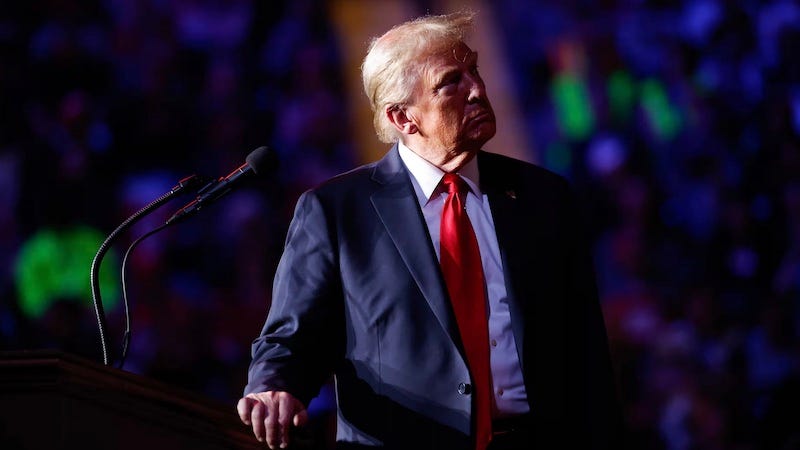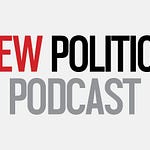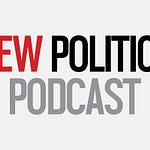In this episode of New Politics, we explore the fallout from Donald Trump’s unexpected landslide victory in the 2024 US presidential election. Despite his past controversies, Trump secured over five million more votes than his opponent, winning 312 electoral votes and capturing both the Senate and House for the Republican Party. What does this mean for America’s democracy, and how will it impact global politics?
Throughout the campaign, Trump’s inflammatory style – marked by insults, lies, and an openly divisive rhetoric – echoed with the American electorate. Parallels have been drawn to Germany in 1933, with an awe-struck media overlooking the deeper implications of Trump’s return. We explore what this shift means for the future, as Trump’s policies – from aggressive tariffs to strict immigration limits – promise to shake up the economy. But with underlying structural issues like job losses and homelessness already festering under neo-liberal policies, can any leader, even one with authoritarian leanings, truly “fix” the problems?
This election outcome resonates beyond the US. Trump’s victory has emboldened similar conservative figures worldwide, including the leader of the opposition, Peter Dutton. We unpack how Dutton mirrors Trump’s tactics, using rhetoric that inflames populist sentiments while promoting conservative causes – nuclear energy, anti-woke policies, and lower taxes for mining magnates. The increasing influence of Gina Rinehart, Dutton’s most prominent supporter, looms over the Australian political scene, revealing the power dynamics shaping conservative politics. With Dutton’s close ties to Rinehart, we question: will Australians soon face a similar MAGA-inspired agenda?
We also dissect the economic landscape, where both America and Australia are seeing a tug-of-war between real economic improvements and the media’s relentless focus on cost-of-living pressures. The Albanese government’s economic policies are under scrutiny as it faces challenges in communicating its successes amid growing public dissatisfaction.
HECS debt: the debate heats up as the government promises a 20 per cent reduction in repayments, igniting calls for a return to free education. We contrast this with subsidies for fossil fuel industries, spotlighting the inequities in current tax policies.
Finally, we evaluate the performance of Australia’s National Anti-Corruption Commission, which has faced criticism for its limited actions against political corruption. With recent scandals, such as the Robodebt scheme and ongoing controversies involving PwC, we question if the NACC is effectively addressing corruption or if it risks becoming an albatross around the neck of the Albanese government.



















Share this post